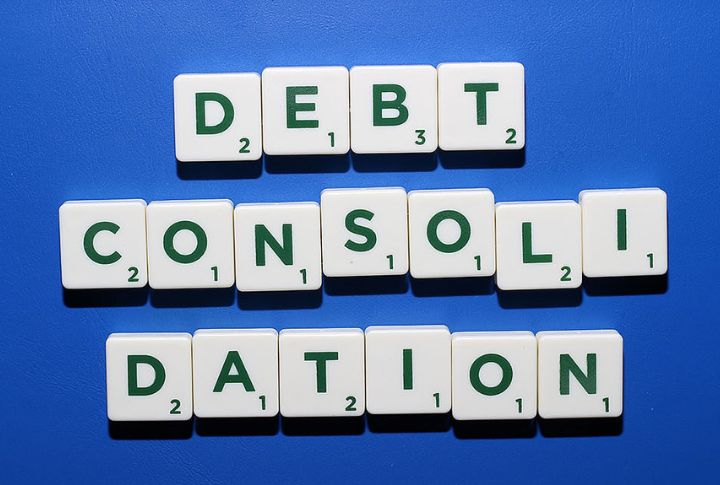
Debt can feel overwhelming, but it’s possible to regain control of your finances with the right approach. Simple, actionable steps can make a significant difference in reducing what you owe. These tips will help you chip away at debt faster and move closer to financial freedom. Every strategy shared here aims to provide clarity and confidence in managing your money effectively.
Create a Realistic Budget

Crafting a budget is the first step toward tackling debt. List your income and expenses, then identify areas where you can cut back and reserve part of your income specifically for debt repayment. Monitoring your expenditure keeps you focused on achieving your goals. A well-structured budget keeps financial priorities in check.
Adjust Your Budget to Crush Debt Faster

Limit fundamental expenses, like housing, to 50% of your income. Allocate 30% to non-essential items, like entertainment, and use the remaining 20% for savings and debt repayment. When paying off debt is a priority, consider using some non-essential spending for extra debt payments. This approach speeds up debt reduction, saves on interest, and keeps your budget flexible.
Generate Additional Income Sources

Earning extra income can significantly accelerate your debt payoff. Options like working a few more hours, taking a part-time job, or starting a side hustle can help you generate additional cash. This extra money can be applied directly to your debt, making a palpable difference. The best way forward depends on your career situation, skills, and available free time.
Cut Unnecessary Expenditure

Evaluate your spending habits carefully and identify areas where you can cut back significantly. So, cancel subscriptions you rarely use, cook at home instead of dining out, and avoid impulse purchases that add up quickly. Redirecting these savings toward your debt payments can make a noticeable difference over time. Small sacrifices now can lead to substantial financial rewards later.
Implement the Snowball Method

Start the snowball method by tackling your smallest debt first and maintaining minimum installments for the rest. After fully paying the first one, apply that amount to the next, gradually building momentum as each balance is paid off. This tactic builds momentum and motivation as each debt is cleared. It’s a simple yet effective strategy for reducing debt.
Follow the Avalanche Method

Alternately, the avalanche method focuses on paying off your highest-interest debt first while making minimum payments on others. Once that’s cleared, shift to the next highest-rate debt. By prioritizing high-interest balances, this system reduces the total interest you pay, making debt elimination more efficient. This is a strategic way to tackle debt head-on.
Negotiate Lower Interest Rates

You could save substantially by securing a lower interest rate from your creditors. Many credit card companies are open to lowering rates, especially if you have been a good customer. Lowering the interest rate means a more significant part of your disbursements will go toward the principal, which can help you pay off your debt quickly.
Use Debt Consolidation to Simplify Payments

Debt consolidation merges several debts into a single payment, which removes the hassle of juggling due dates or risking missed remittances. These loans generally offer lower interest rates, which saves you money and helps you pay off debt sooner. However, avoid taking on new debt while repaying the consolidation loan. Fair credit or better is usually needed to qualify.
Explore Debt Settlement as a Last Resort

Negotiating with creditors for a debt settlement might be an option. It means offering a smaller payoff than what you entirely owe. Be cautious—this plan can impact your credit score and may have tax implications, so it should be considered a last resort. It’s possible to hire a debt settlement company at a cost to guide you through the process.
Seek Professional Help

If managing debt becomes too challenging, seeking assistance from a credit counseling agency could be beneficial. A credit counselor can work with you to design a debt management plan, negotiate with your creditors, and provide advice on improving your financial habits. They also help reduce or eliminate late fees and lower interest rates to make your debt more manageable.

Comments
Loading…